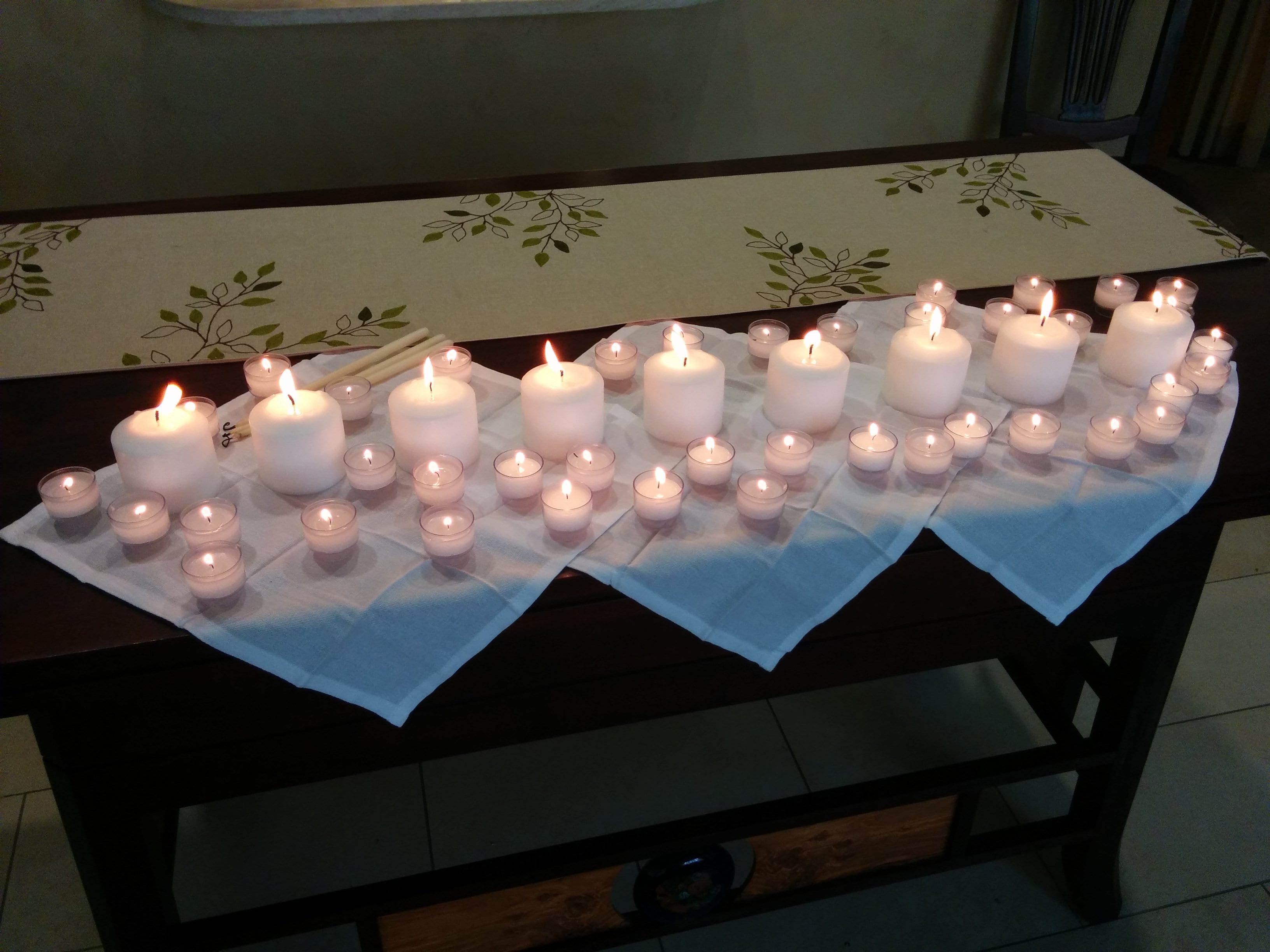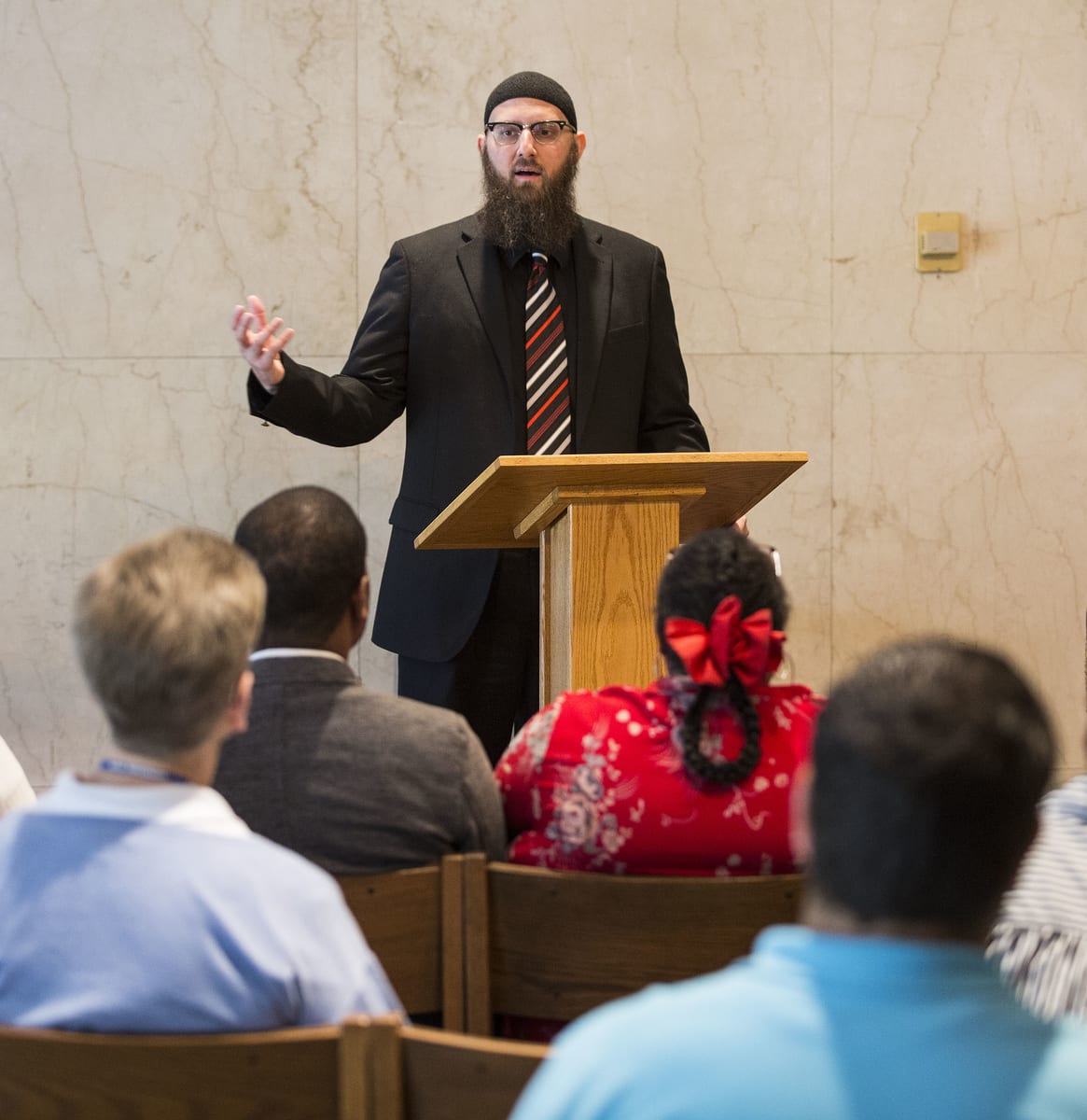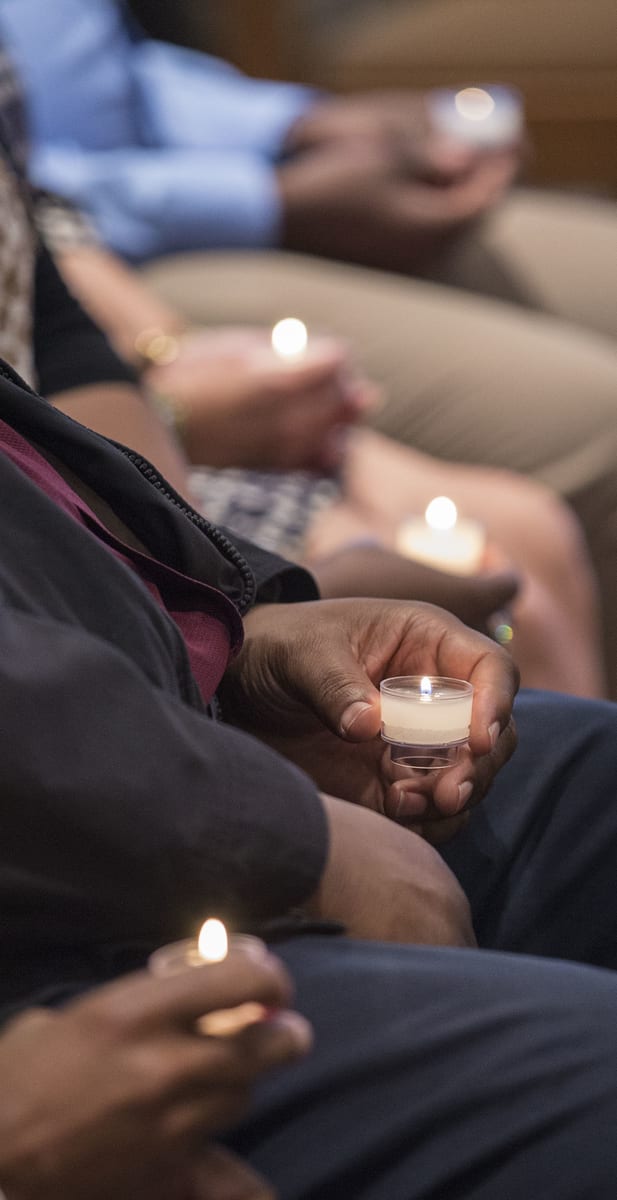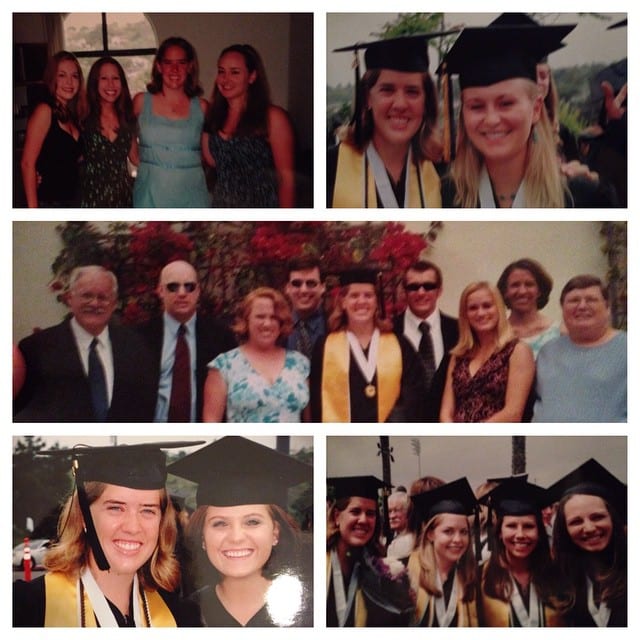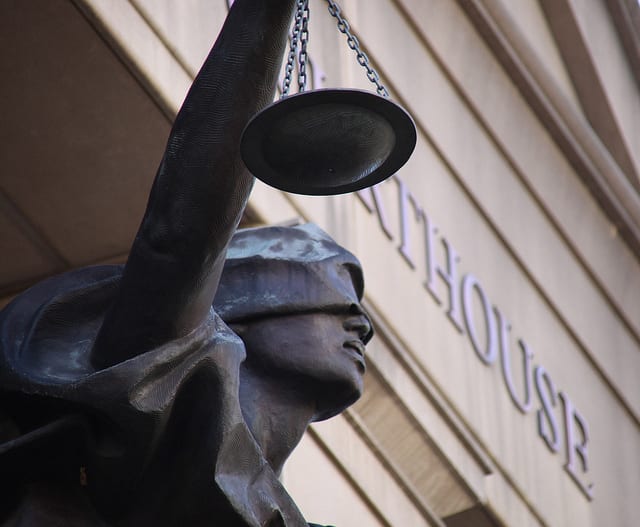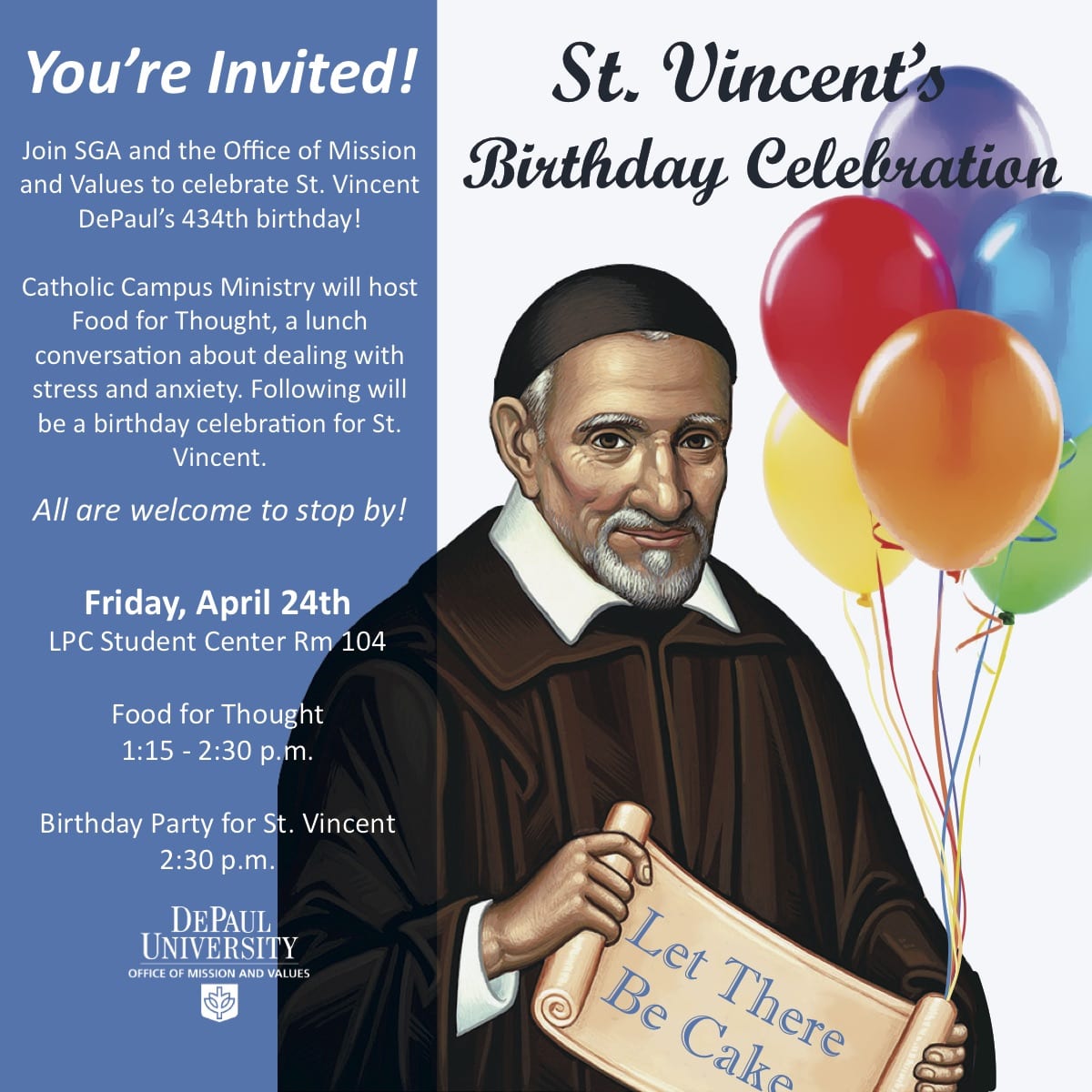The whole world – at least our world in the United States – is trying to grasp the horrors that unfolded when a man held out a gun and shot former colleagues on live television. Everything worsened when news broke that the shooter captured his heinous acts on camera and posted them on social media. Several of us in the office today were sharing our feelings, wondering about a world that has gone so awry and asking a lot of questions. We learned that we were all horrified and bewildered together and we probably aren’t alone, so we thought we share some of our ponderings with you. Please share comments with us.
“Did you see the video?”
“Yes. I heard about it and went to my office. I googled it. I saw it, it was terrible – and then I went to another video… I watched the horror unfold. And then I sat there for twenty minutes wondering what I was supposed to do with it. I saw this! Now I am part of it!”
“I went on-line and tried to watch it. I am so thankful the screen was black…but I kept looking for the video and every screen went black. And then I sat there and wondered what had driven me to even want to see this. And yet I was absolutely glued to the screen, listening to the news briefs, clinging to the drama and sucked in.”
“And that’s what he wanted us all to do. We did the very thing he was hoping for! I did exactly what he wanted me to do!”
“I’m upset on multiple levels. I’m upset that it happened. I’m mad at our country because of the need to minimize the impact of gun violence.”
“I’m horrified that these violent killings are being used by some hate groups as a call to arms and to try and discredit the Black Lives Matter movement, which wasn’t involved.”
“We’re all part of this. News stations got some of the highest ratings because of this horror. Companies and networks make money on this through advertising.”
“I feel sick to my stomach just thinking about it. I’m mad at myself, I’m sad at where we are in our society. I’m scared about my kids…all kids. What messages are they getting?”
“Yeah, what about those kids who actually saw the video? Now those kids can’t tell the difference between reality and play.”
“We witness this killing stuff all the time because of video games. What I do when I’m playing games looks just like the video that this guy posted. We’re in the middle of it all the time.”
“But that’s the thing that makes us numb. And those of us who saw the video or attempted to see it are in the middle. It’s real because of what we saw or tried to see or refused to stop watching as more and more news unfolded.”
“And it should be real, right? These things are happening and need to be acknowledged instead of ignored! And yet – this feels so gross and voyeuristic. Is that what it takes to get attention? I hope not. …Will good ultimately come out of it?”
“Because of social media we’re always welcomed into different worlds.”
“What do we do with this? How are we supposed to feel? What are we supposed to do?”
“It seems like all we can do is throw our hands up in the air and ask, ‘What do we do?’”
“I wish we had the answers. This is a scary world.”
“Maybe we can just ask the questions and keep talking about it. We don’t have answers…how can we?”
“But we need to take action!”
This conversation unfolded with a sense of helplessness. We know we’re all in this together. We are having the conversations.
We thought of Vincent who has inspired us to ask what we must do. “What must be done?”
And we are comforted by his words: “What keeps [community] together is the unity of hearts.” We may not have answers right now and we know the world is heaped with horrors…but we’re feeling the pain, we’re moved by the atrocities…and together we might figure out what must be done to stop this kind of horror in our world.
We offer this with heavy hearts, with hopeful hearts, and we invite you into the conversation.
Emily Johnson, DePaul Junior; Matthew Charnay, DePaul Jewish Life Coordinator; Katie Brick, Office of Religious Diversity; Rev. Diane Dardón, DePaul Protestant Chaplain



